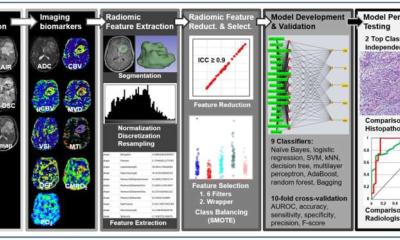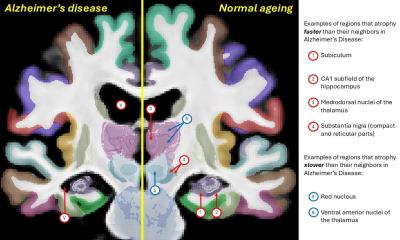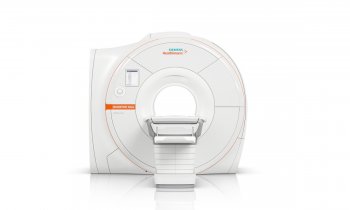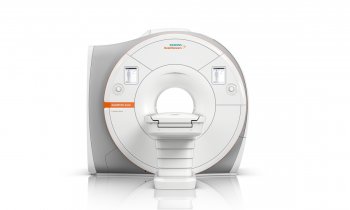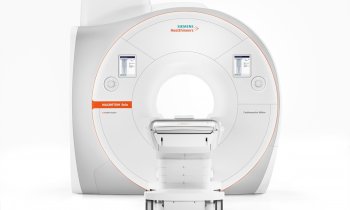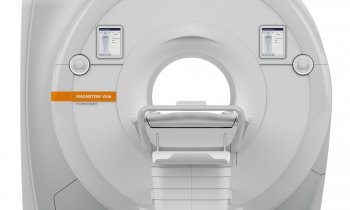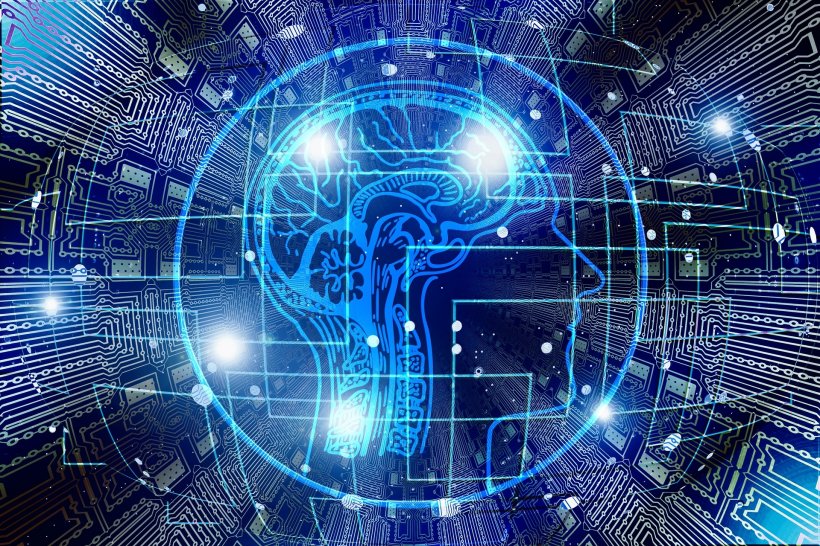
News • At age 2
AI and MRIs at birth can predict cognitive development
Researchers at the University of North Carolina School of Medicine used MRI brain scans and machine learning techniques at birth to predict cognitive development at age 2 years with 95 percent accuracy.
“This prediction could help identify children at risk for poor cognitive development shortly after birth with high accuracy,” said senior author John H. Gilmore, MD, Thad and Alice Eure Distinguished Professor of psychiatry and director of the UNC Center for Excellence in Community Mental Health. “For these children, an early intervention in the first year or so of life – when cognitive development is happening – could help improve outcomes. For example, in premature infants who are at risk, one could use imaging to see who could have problems.”
The study used an application of artificial intelligence called machine learning to look at white matter connections in the brain at birth and the ability of these connections to predict cognitive outcomes.
Gilmore said researchers at UNC and elsewhere are working to find imaging biomarkers of risk for poor cognitive outcomes and for risk of neuropsychiatric conditions such as autism and schizophrenia. In this study, the researchers replicated the initial finding in a second sample of children who were born prematurely. “Our study finds that the white matter network at birth is highly predictive and may be a useful imaging biomarker. The fact that we could replicate the findings in a second set of children provides strong evidence that this may be a real and generalizable finding,” he said.
Source: University of North Carolina School of Medicine
18.03.2019



